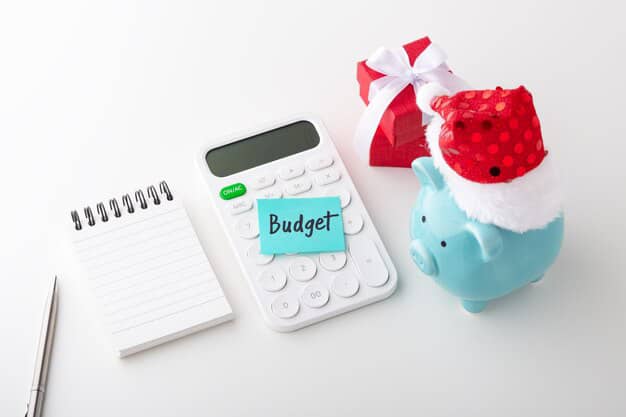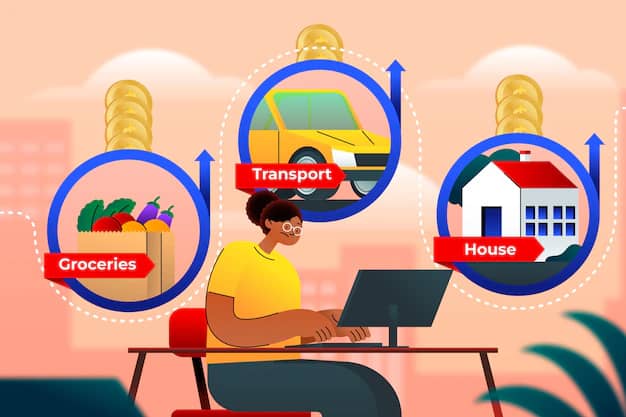The end of every year means one thing in Nigeria: a time for more festivities, family gatherings, and traditional celebrations. This age-long tradition, however, might be a bit influenced by rising inflation, fluctuating exchange rates, and an unpredictable economy that has called for more strategic holiday spending.
Balancing enjoyment and financial stability can be challenging, but with the right planning, you can celebrate the season while maintaining a strong financial foundation for 2025.
Here are some tips to help you manage your holiday spending and set up a successful year in 2025.
Create a Realistic Holiday Budget

In Nigeria, the end of the year is synonymous with expenses like travelling to the village for family gatherings, buying new clothes for celebrations, and gifting hampers. To keep spending under control, the first step is creating a detailed budget that accounts for all anticipated costs. Make a list of expected expenses—travel, gifts, food, decorations, and entertainment—and assign a realistic limit to each category.
Be Cautious with “Buy Now, Pay Later” Offers

In Nigeria, it’s common to see “Buy Now, Pay Later” schemes during the holiday season. While these offers can be tempting, they can lead to huge debts if not managed carefully. Instead of using credit facilities, consider paying with cash or directly from your bank account to ensure you’re only spending the money you have.
Thoughtful Gift Giving Without Breaking the Bank
Gift-giving is a big part of Nigerian holiday culture, but it doesn’t have to drain your wallet. Instead of focusing on expensive presents, look for meaningful and affordable alternatives:
– Group Contributions: In larger families, consider a “family pot” where everyone contributes to a communal gift.

– Local Crafts: Support local artisans by buying handcrafted items. These are often more affordable and add a personal touch.
– Experience over Material Goods: Instead of buying physical gifts, treat your loved ones to a day out, a home-cooked meal, or a cultural event.
Take Advantage of Local Sales and Discounts

The Nigerian holiday season often brings deals and discounts, particularly in the weeks leading up to Christmas. Black Friday has become popular in recent years and many local markets and stores offer end-of-year sales. Shop smart and plan ahead by making a shopping list to avoid impulse purchases and stick to your budget. Also, look out for bulk discounts in local markets or wholesale stores for food items, and compare prices online and offline to ensure you’re getting the best deals.
Save for the Holidays Throughout the Year
Saving for the holidays year-round is a practice that many Nigerians are beginning to adopt. Opening a dedicated savings account for holiday spending can reduce the financial burden that comes with year-end expenses. Consider platforms like PiggyVest’s “Target Savings” or Kuda Bank’s “Pot” feature, which allows you to automate savings for specific goals.

Start by setting aside a small amount each month—₦5,000 or ₦10,000 can go a long way over the year. This habit ensures you have enough to cover the festive season without touching your emergency fund or racking up debt.
Track and Control Your Spending
It’s easy to lose track of expenses during the festive season. Keeping a daily record of your spending can help you stay within your budget. Use budgeting apps like Expensify, Wallet, or Nigerian-focused platforms to monitor your expenditures. Also, consider setting weekly check-ins for your finances to ensure you are on track.

Use these reflections to set specific financial goals for 2025. Focus on increasing savings, building an emergency fund, investing in opportunities like stocks or real estate, and paying down any high-interest debt accumulated during the year.
